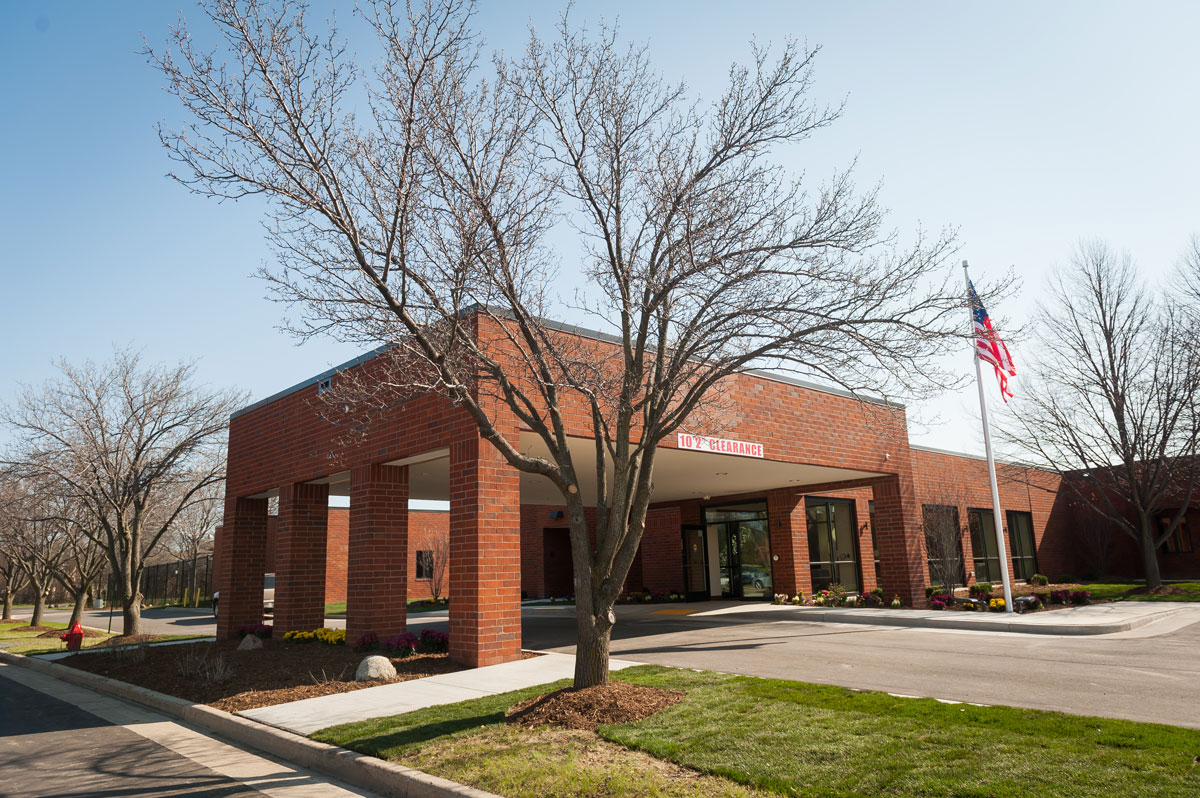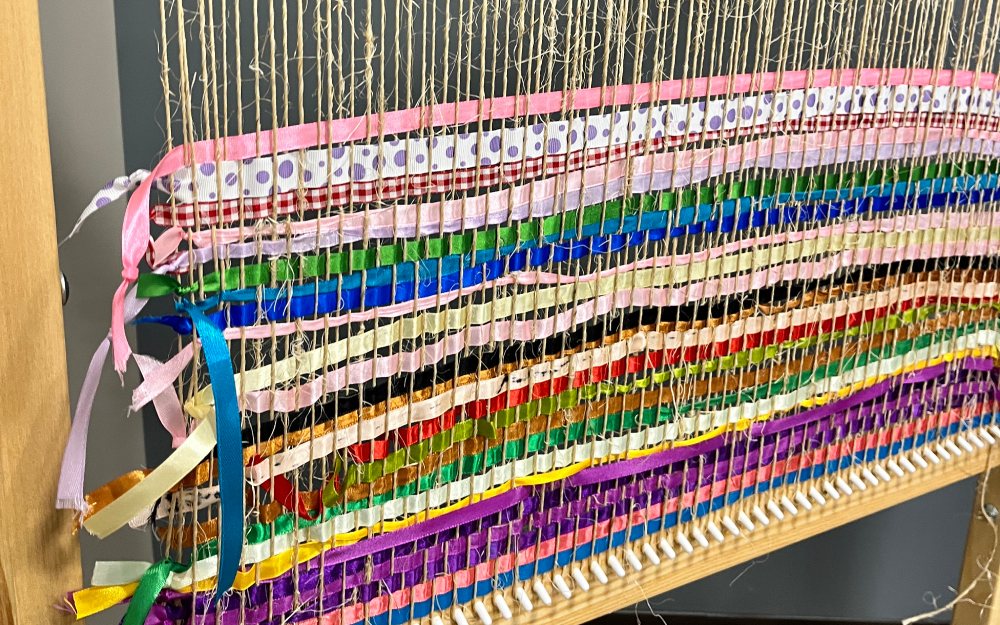
Inpatient care team provides safe place for those in crisis
11/26/18 01:39:pm
When you think of a hospital ICU, the image of a critically ill patient on life support comes to mind. A patient fighting for his or her life with a team of skilled medical personnel who know exactly what to do to get the patient through the crisis. In many ways, the inpatient unit in a behavioral health hospital is like the intensive care unit in acute care.
“With the inpatient level of care, those on the front line rarely get to see the positive results of their amazing work,” explains Paul Mueller, hospital division CEO. “It’s really important that our inpatient care teams understand the value they provide. Their role and impact are absolutely critical in saving lives,” Paul adds.
That’s why hearing stories like the following is so meaningful. This teenager was treated in inpatient care two different times at Rogers–Brown Deer.
“My first experience was at 14. At this time my depression was at its worse. I was on the wrong meds and using the wrong coping skills. Living in Michigan and having to drive 6 hours scared me even more. Once I got to Rogers the staff instantly greeted me with a smile. I immediately felt better and knew this is where I needed to be. Once I left Rogers, I felt like a new person. I was on the right medication, and I had new, amazing coping skills.
Last month my family went through some very hard times; I was sent back to Rogers. This time I was with the adolescents. Again I was very nervous. Everyone thinks as going to hospitals as a scary experience. Being at Rogers was not scary at all! This is a safe place, this is a place that will get you the treatment YOU need. They will focus on family, coping, meds and a safe discharge plan.
Now being back from Rogers, I am doing amazing. Every day I wake up and instantly feel much better. I am now stable, I feel like a new person. I don’t know how to put into words how thankful I am for my experience. Rogers has changed my life.
Thank you so much, I don’t know where I would be without this treatment facility.”
Tiffany Sheperd, DNP, was an important part of the care team for this teen, providing medication management, coaching, and motivational interviewing throughout her treatment. She often wonders how patients are doing after they leave treatment but understands the need for professional boundaries. Still, when a former patient reaches out to let us know how helpful treatment was, Dr. Sheperd finds it rewarding.
“We offered good support in a good environment and that is validating,” Tiffany says. “I know I’m in the right place, doing the right thing. This is exactly what Rogers treatment is for, and it’s wonderful to hear that a patient is doing well.”





